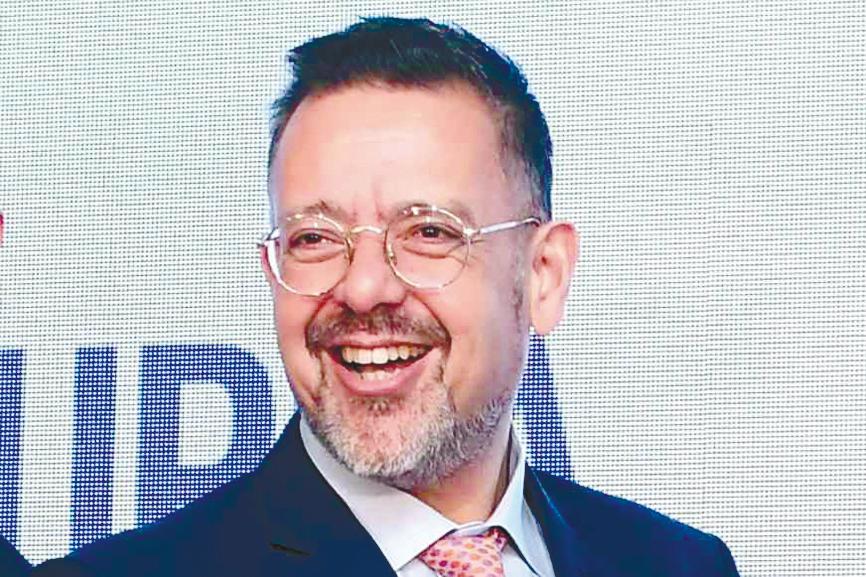PETALING JAYA: Bursa Malaysia CEO Datuk Muhamad Umar Swift envisions a shared common depository among Asean countries to be on the cards, as the means to integrate the various exchanges in Southeast Asia become more viable.
“We believe distributed ledger has that ability; it’s not about trust being institutionalised and moving away from the central counterparty clearing house but how do we use it to make the experience richer,” he said during Maybank Kim Eng & Asean Exchanges – “Beyond the Pandemicrisis” virtual conference today in a panel session on “The Asean Investor: Where are the Next Opportunities?”.
Umar elaborated that stock exchanges are an intermediated environment – the front end may have different branding and aspirations but, at the back end, the regulators might look at similar issues which could have a common solution.
He pointed out that exchanges are very hungry for foreign institutions and foreign investors’ support and the best way to attract foreign funds is by making it easier for them to invest. To achieve this, the CEO proposed that the various stock exchanges in the Asean region could develop a common clearing platform over time.
With regard to a common depository, he acknowledged that the matter would be complicated but it could be developed around a distributed ledger technology solution, which will also bring costs down.
“I believe it is there and it will happen and we should work towards that goal but with baby steps.”
The panel discussion also addressed the issue of sustainability which has grabbed the attention of a rising number of new retail investors from the millennial demographic that has emerged during the outbreak of the Covid-19 pandemic, spurred by low interest rates and excess liquidity.
For Singapore Exchange’s senior managing director and head of equities, Michael Syn, the road to place sustainability as a mainstay of the country’s equity market starts with its carbon and climate disclosure via the Task Force on Climate Related Financial Disclosures.
He noted that this will be the start to standardise what companies need to do in the area, as it eases the companies into doing such disclosure before making it mandatory.
“You have to nudge them slowly into place, because for a company to do carbon reporting, like even for us, we’ve just finished our exercise, it’s actually a lot to learn.”
Syn admitted that such capabilities will take time to develop and no CEO is going to invest in this unless he’s told by the stock exchange.
Similarly, the Stock Exchange of Thailand (SET) is making headway in coming up with regulations and guidelines on sustainability reporting for companies in Thailand with the cooperation of the country’s Securities and Exchange Commission.
“After next year, we will require all companies to disclose their sustainability strategy and performance to their corporate value chain,” according to its president, Dr Pakorn Peetathawatchai.
As a starting point, he explained, SET is trying to figure out how to make the least enlistment for a listed company. Given that there is no such standard, Pakorn realised the need to come up with a template and a workshop.
“It has to be industry specific, it can’t be one size fits all.”
With sustainability reporting, Philippine Stock Exchange Inc president and CEO Ramon S. Monzon opted to ease listed companies into sustainability reporting requirements as it opted for a three-year comply or explain approach starting from 2019.
“A lot of the listed companies are not ready to disclose some important environmental guidelines like carbon footprint,” he said, adding that under the approach, companies can opt to either file their sustainability report or explain why it could not.
Monzon highlighted that in 2023, sustainability reporting will be a requirement for listed companies’ annual reports.










